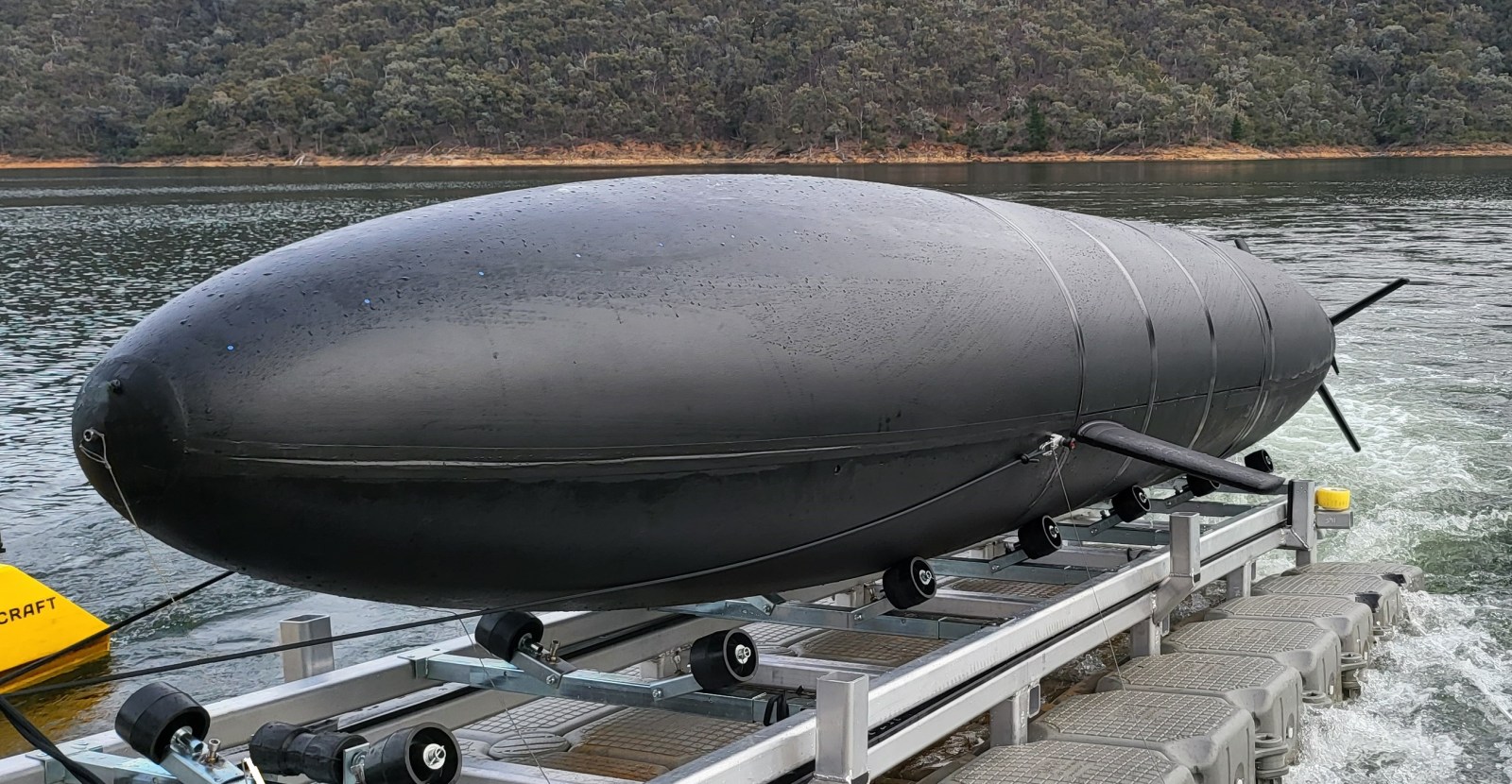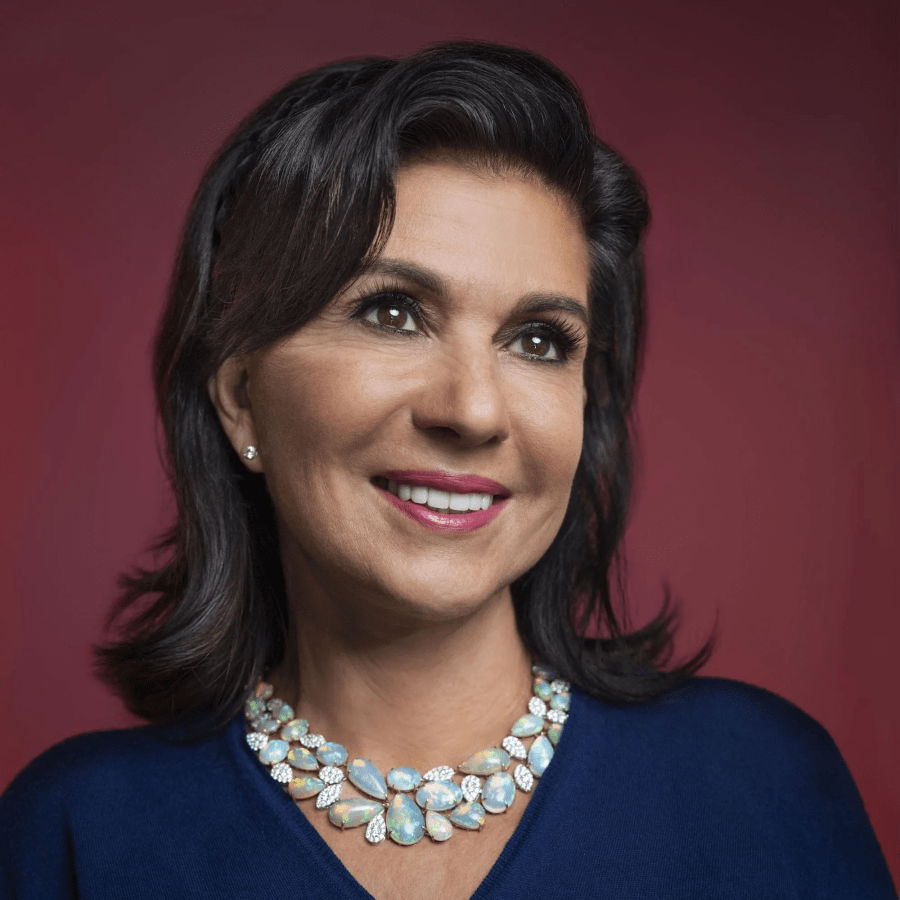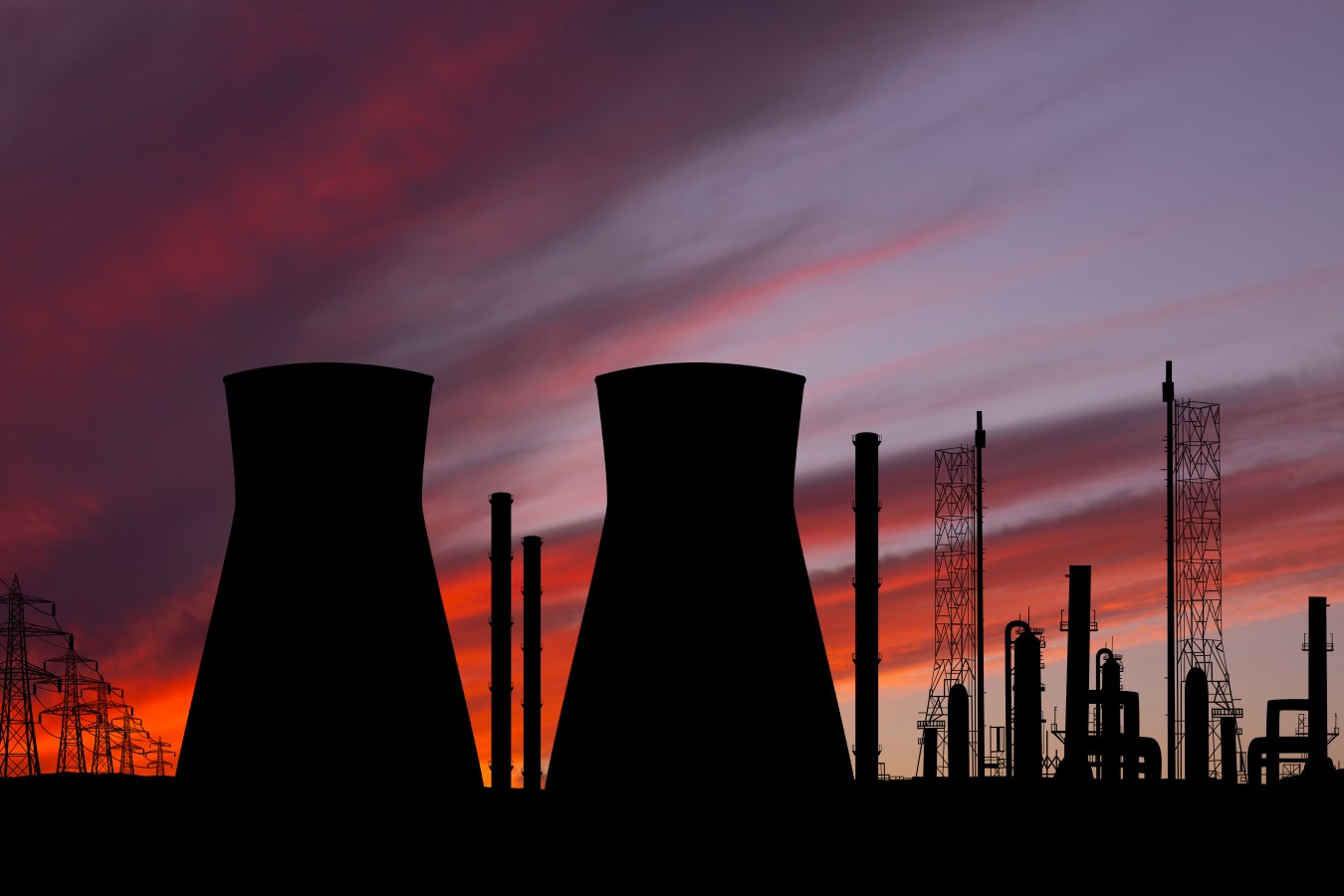Nuclear certification has meant a 120-fold increase in this defence tech’s “opportunity pipeline” as Australia prepares to spend up to $368 billion on nuclear submarines.
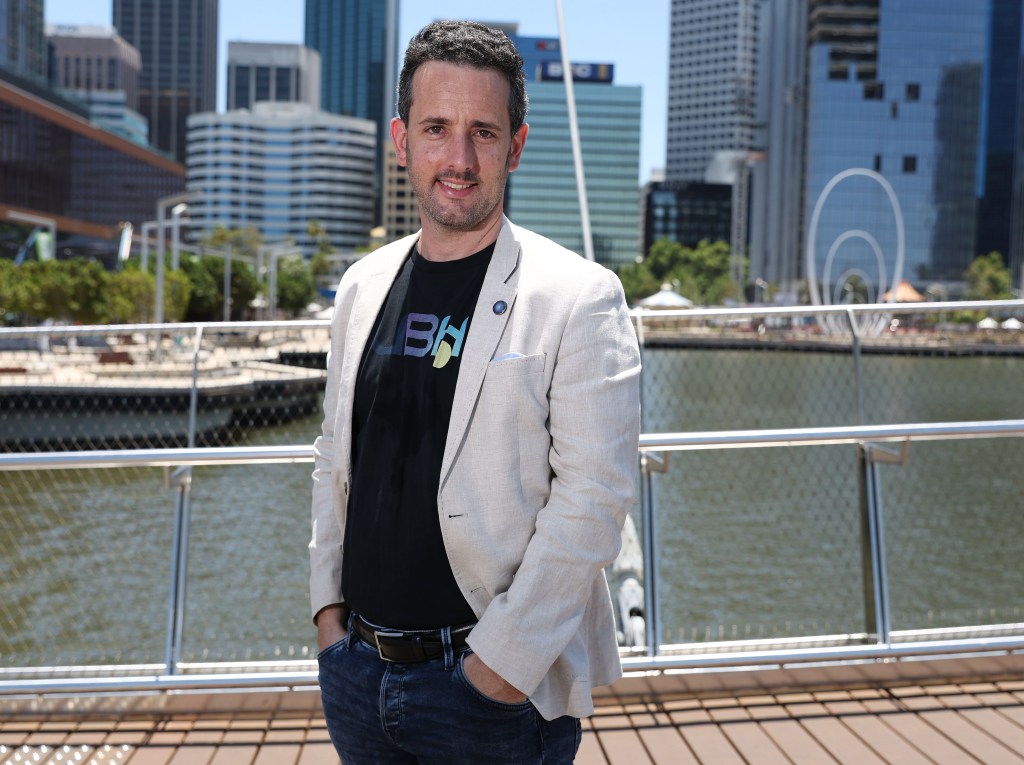
Small defence tech startup UBH is the first private company in Australia to get the certification that will probably be needed to work on nuclear submarines.
After receiving the ISO19443 certificate last December, it signed up two nuclear-related customers within a month, UBH CEO Jeff Batten said, with another three dotted lines imminent.
“So we’re already seeing revenue coming in this financial year … and I can tell you that we’ve got several million dollars of opportunities in our pipeline for the remainder of the financial year.”
The federal government has so far approved spending of $13.6 billion over several years on the nuclear submarines project. It was announced in 2021 that Australia would acquire three Virginia class submarines, scheduled to be delivered between the early 2030s and 2050, with the option to buy two more.
But starting in 2027, British and US nuclear subs will start rotating through Perth’s HMAS Stirling naval base, which will require Australian nuclear know how. And even though Australia will buy the Virginia class subs, Defence says, “The amount we invest in our own industrial base will far exceed our investment in the US, both over the Forward Estimates and through the life of the program.”
“It means that anyone can raise their hand and say, ‘Hey, I’ve got an issue with safety,’ and they’ve got a means of speaking up without retaliation or retribution.”
Jeff Batten, UBH CEO
Batten sees a lot of work to be won. “Arguably this is going to be a 60-year whole-of-nation effort. Why do I say 60 years? Because as soon as you’ve got these submarines with the nuclear material, which the Australian Government has signed up to dispose of, everyone is in for the long haul. There’s no stopping this.”
Other businesses have started to pile in, according to nuclear safety expert Lynn Williams, managing director of Nuclear cc, the UK-based company through which UBH got its certification.
“I’ve had a total of nine companies from Australia make enquiries directly to Nuclear cc since the beginning of December. The numbers are certainly increasing since mid 2024.”
She is acrtively working with four Australian businesses on their ISO certification, with a further seven requesting information and “gap analysis” on their compliance obligations.
“As we stand, only two are certified within Australia, UBH and ANSTO [the Australian Nuclear Science and Technology Organisation] – UBH being the only independent organisation, ANSTO being a nuclear research facility.” She said if there were any others seeking certification, she would know about it because she works with all three qualified certification bodies.
While the Australian Nuclear Regulator has not made ISO 19443 compulsory yet, Williams said she believed it would happen soon. “Once this is announced I expect more organisations to apply for certification,” she said.
Related
Melbourne-based engineering firm The Shadbolt Group is close to certification, according to a post on LinkedIn.
A large part of what’s required for the certification is cultural, Batten said, needing leaders to show humility. “It’s really just about understanding that it doesn’t matter whether you’re a cleaner who may have been on the job for one day, or you could be a nuclear physicist who’s got decades of experience – or anywhere in between – everyone knows that their actions may have an impact on nuclear safety.
“So it means that anyone can raise their hand and say, ‘Hey, I’ve got an issue with safety,’ and they’ve got a means of speaking up without retaliation or retribution.
“You can imagine the entire governance framework that sits around that. So that’s providing leadership statements. It’s having job descriptions that suit that. It’s having an ability to assess and ensure everyone working in the nuclear space is suitably qualified and has the experience to do those jobs.”
The closest crocodile
Batten is a 17-year army veteran who trained in technology, communications and signals intelligence. “I was also heavily involved with special operations and I was a qualified commando,” he says. “So, deployed multiple times all around the globe, including a lot of counterterrorism type activities domestically.”
He left the service in 2017 and got a job with US defence multinational L3Harris. In 2020, he founded UBH with two other military veterans, Greg Underwood and Dave Herbertson, giving the UBH company name it’s other two initials.
They saw their niche as providing a local alternative to multinationals in the tech space for defence. “We really wanted to create a sovereign company where we could focus our experience, our skills, in an Australian context.
“We had a bit of a mission to prove ourselves and show what we could do from a sovereign perspective. Initially that was focused on a lot of training and novel technical solutions for the Australian Army, but that very quickly broadened out to other areas such as the Defence Intelligence Group. We’ve been in the Department of Foreign Affairs and Trade and indeed other really unique government departments such as the Australian Antarctic Division.”
They’ve gone from one fulltime employee – Batten – in 2020, to 38 with revenues of more than $10 million, he says.
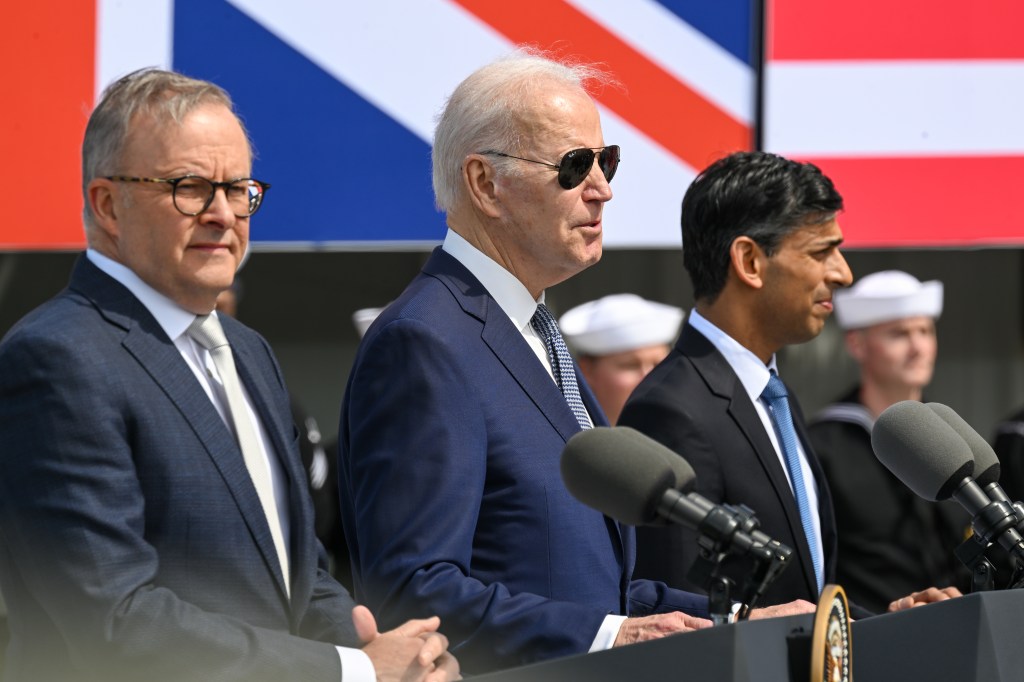
They knew they needed diversity to survive in the small Australian defence landscape, doing everything from systems admin to satellite communications. After the release of the federal government’s 2023 Defence Strategic Review paper, they could see they needed to diversify further.
“We did a horizon scan. We identified that we had a bunch of experience and skills that we could pivot into the nuclear submarine space.
“I can’t understate how big an opportunity this is for UBH and, arguably, for Australia. Why? I mean, the crocodile closest to the canoe is of course AUKUS [the agreement signed between the US, UK and Australia in 2021, which promised to share nuclear-powered submarine technology] and preparing for the subs. This is really about making sure that any company in the supply chain is able to uplift themselves and meet the regulatory requirements to participate.
“I mean, it’s a $369 billion program over decades. And so the opportunity is absolutely huge. Of course, the other opportunity which is quite a political agenda item at the moment is, what does it mean for nuclear power plants? This certification is equally important for the energy sector as it is for AUKUS submarines.”
There is no regulatory requirement for companies working in the medical isotopes and radiation fields to have ISO certification.
Batten said UBH is already working with other companies to help them through the same process. “One of the contracts that we’ve got is working in partnership with a range of other companies providing subject matter advice to the Australian Submarine agency regarding things like auditing, compliance and the like.
“The other one was actually providing direct training and auditing support to an Australian-based ASX- listed company that is an infrastructure company. So they are likely to be providing direct support to a lot of the construction works over in WA.”
Look back on the week that was with hand-picked articles from Australia and around the world. Sign up to the Forbes Australia newsletter here or become a member here.

